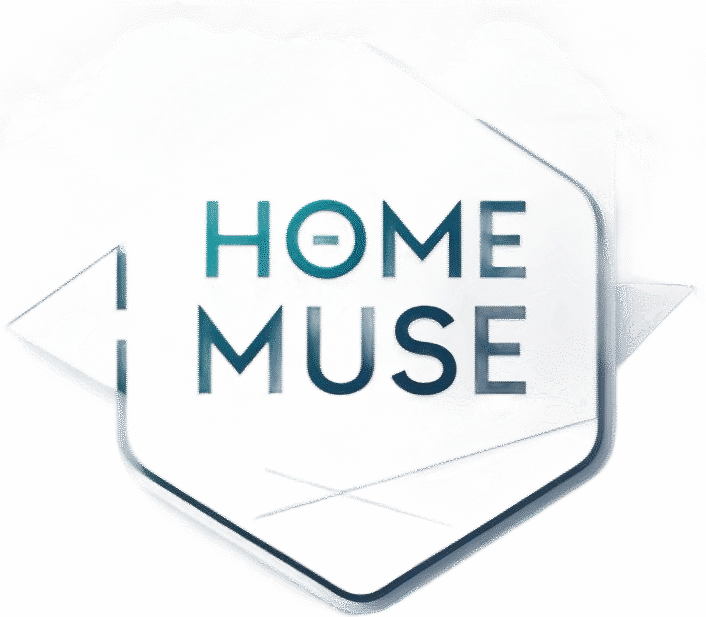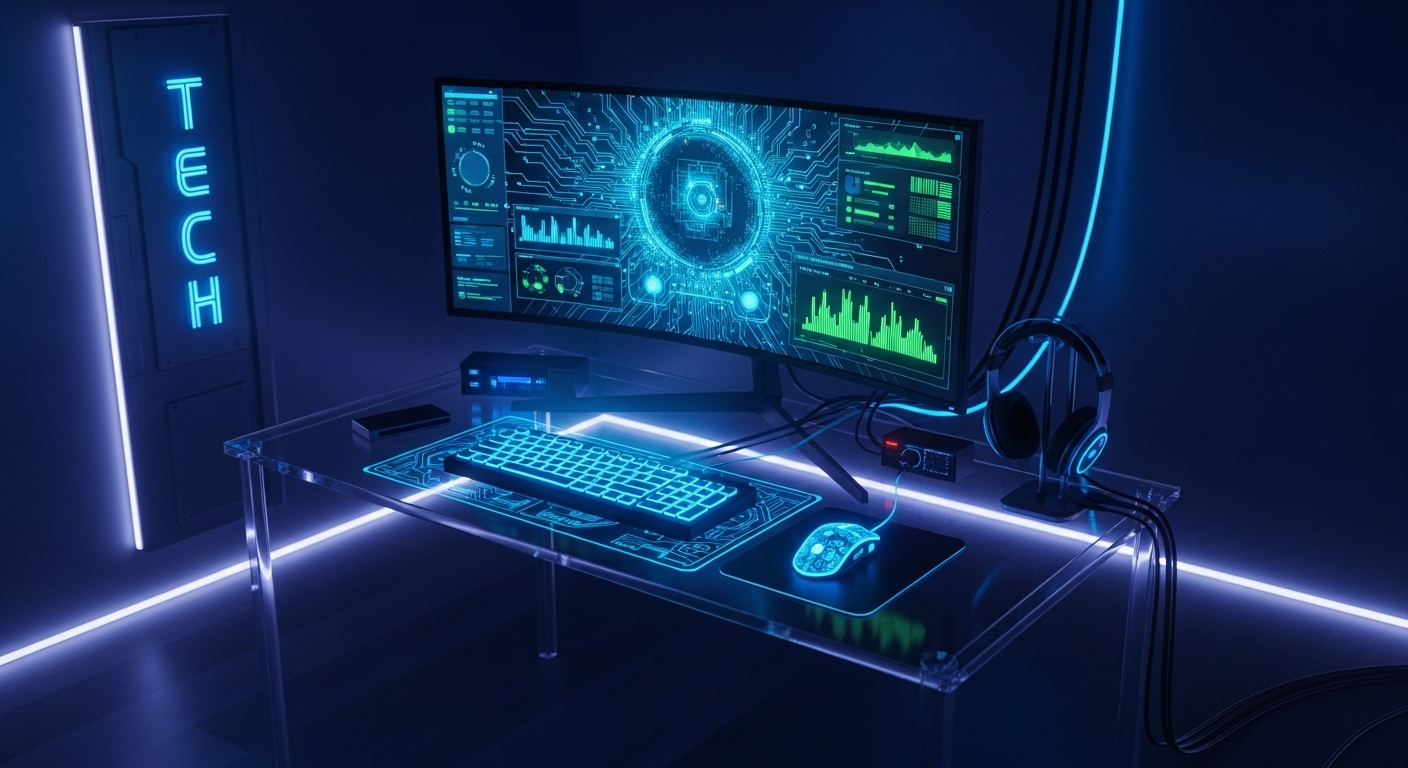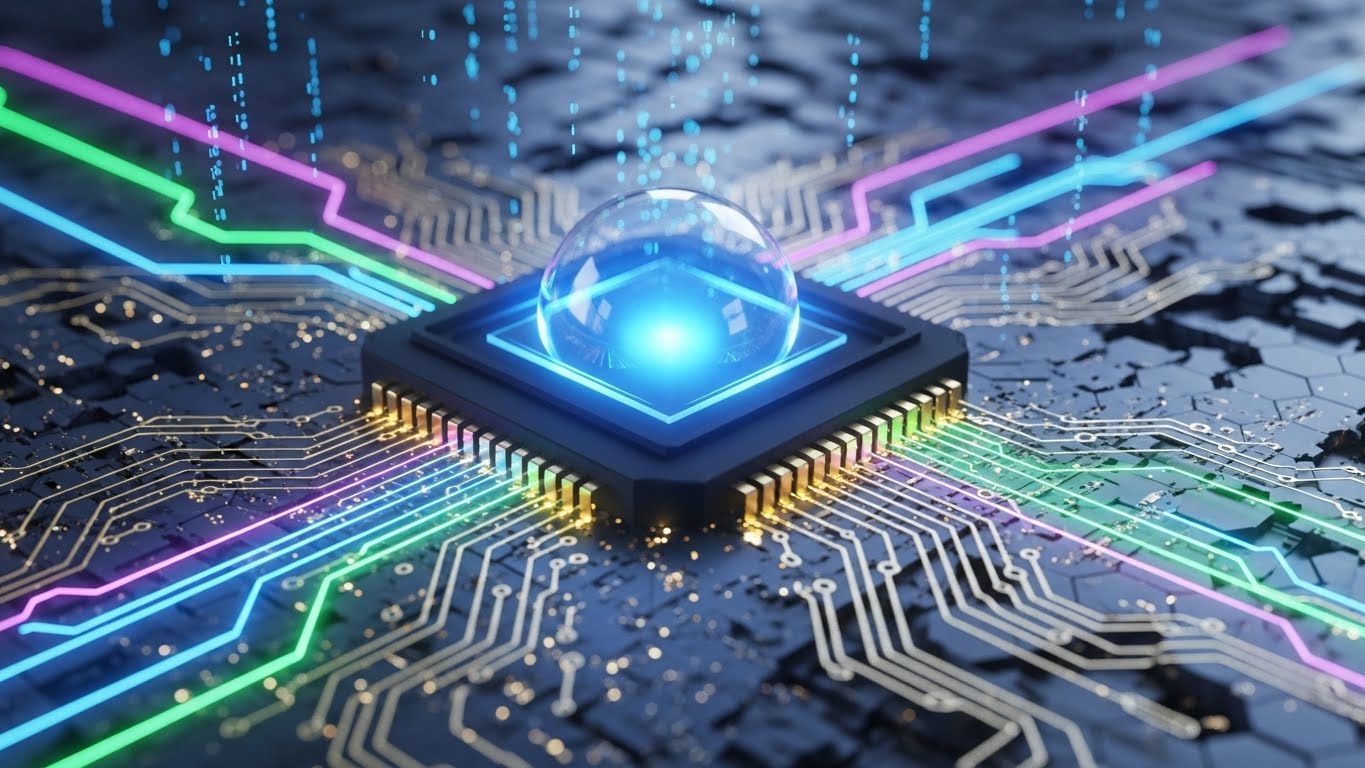Introduction
Technology is no longer just a tool; it has become an integral part of human life. From the way we communicate to how we learn, work, and entertain ourselves, technology touches every aspect of modern living. With rapid advancements in artificial intelligence, automation, and digital innovations, the world is changing at a pace unlike any before. Understanding these changes is key to navigating the future successfully.
The Era of Smart Devices
Smart devices have transformed how we interact with the world. Smartphones, smartwatches, and smart home systems allow people to control their environment, access information instantly, and stay connected with others effortlessly. These devices do more than make life convenient—they create a connected ecosystem where data and intelligence work together to enhance daily living. From scheduling tasks to monitoring health, smart technology is turning ideas that once seemed futuristic into everyday reality.
Artificial Intelligence: The Brain Behind Modern Innovation
Artificial intelligence is no longer a concept limited to science fiction. AI powers everything from voice assistants to recommendation systems, autonomous vehicles, and medical diagnostics. It has the ability to learn, adapt, and solve problems in ways that were unimaginable a few decades ago. AI is reshaping industries by improving efficiency, predicting outcomes, and providing solutions that were once impossible. The collaboration between humans and AI is set to redefine productivity and creativity in the years ahead.
The Role of Data in Decision Making
Data has become one of the most valuable resources in the digital age. Every online interaction, transaction, and click generates data that can be analyzed to improve products, services, and user experiences. Companies use data to understand consumer behavior, optimize operations, and drive innovation. Governments and organizations also leverage data to plan infrastructure, manage resources, and address societal challenges. The challenge lies in using data responsibly to ensure privacy and security while unlocking its full potential.
Technology Transforming Work and Education
The modern workplace has been revolutionized by technology. Remote work, virtual meetings, and cloud-based collaboration tools have become standard in many industries. Automation and digital platforms allow employees to focus on creative problem-solving rather than repetitive tasks. Similarly, education has been transformed with online learning platforms, virtual classrooms, and interactive tools that make knowledge more accessible. Technology is creating new opportunities while demanding a shift in skills and adaptability.
Challenges in the Digital World
Despite its advantages, technology brings challenges. Cybersecurity threats, digital addiction, misinformation, and the potential displacement of jobs by automation are real concerns. Society must strike a balance between embracing innovation and addressing its risks. Ethical use of technology and digital literacy are essential to ensure that technological progress benefits everyone.
The Future of Technology
The future promises even more exciting technological breakthroughs. From quantum computing and biotechnology to space exploration and renewable energy solutions, innovation will continue to redefine human potential. As technology evolves, humans must adapt, learning to harness its power while maintaining control over its impact. The possibilities are limitless, and the responsibility to use them wisely is greater than ever.
Conclusion
Technology is more than a convenience; it is a driving force shaping the way we live, work, and think. It connects people, empowers creativity, and opens doors to opportunities that were once unimaginable. As we move into the future, embracing technology thoughtfully will be key to building a smarter, more connected, and sustainable world.



